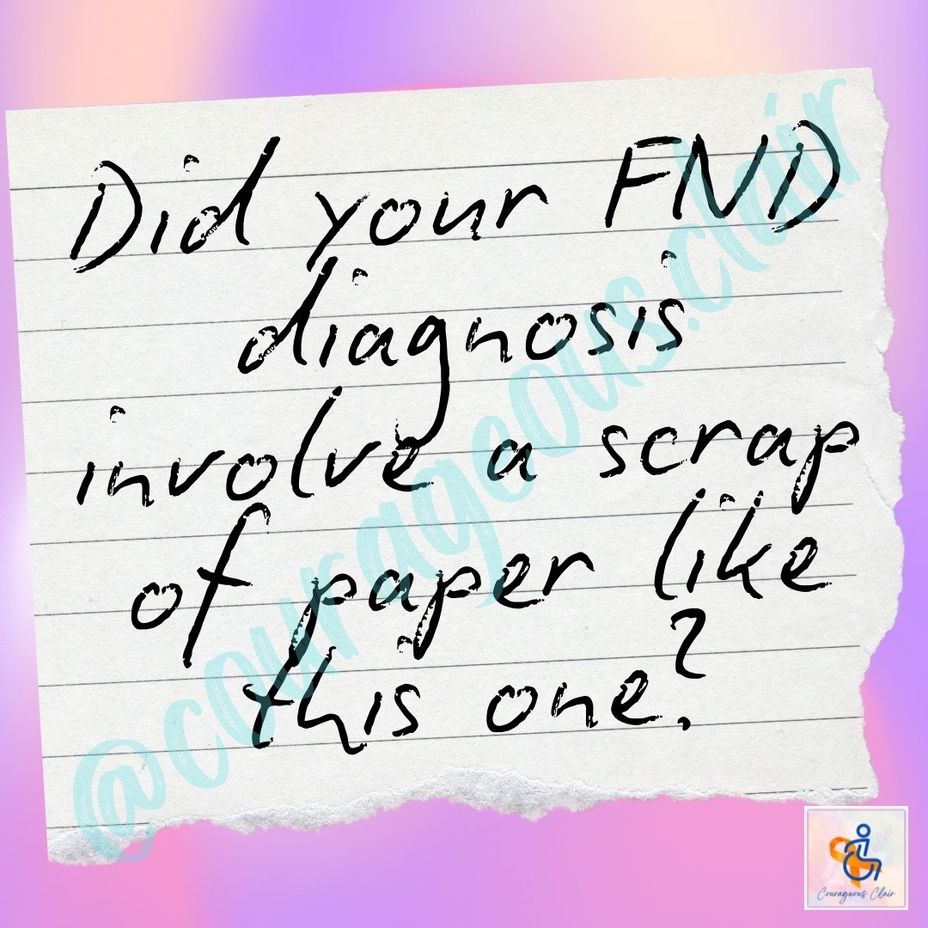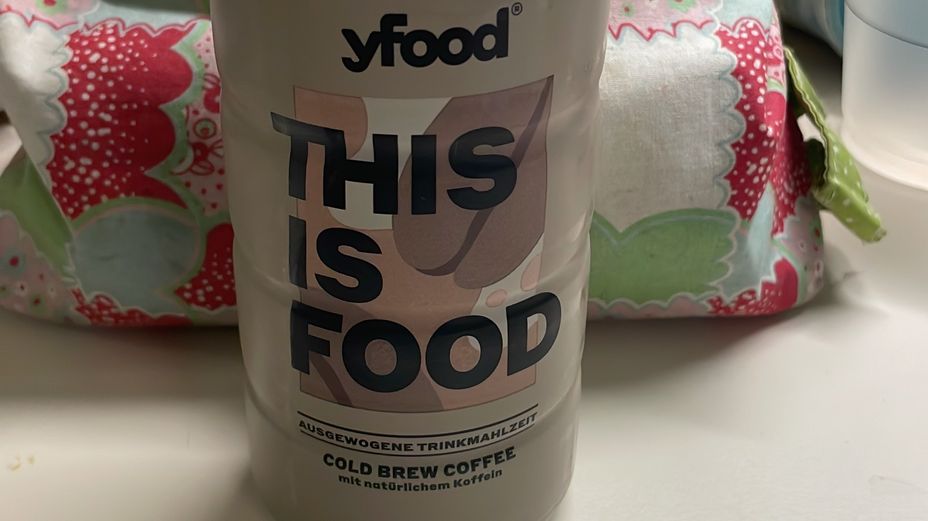👋🏻 I’m Back & I Missed You! 👋🏻
Hi everyone, I just wanted to let you all know that I am back after an extremely busy, exciting and life changing year (more on that later) and that I will be back to raising awareness of various physical health issues, mental health issues and disability. I am so thankful that I am able to return to this amazing community of people who are always there for support and encouragement.
#ChronicIllness #ChronicPain #FunctionalNeurologicalDisorder #JointHypermobilitySyndrome #Disability #MentalHealth #Anxiety #Depression #EhlersDanlosSyndrome #Grief #Migraine




